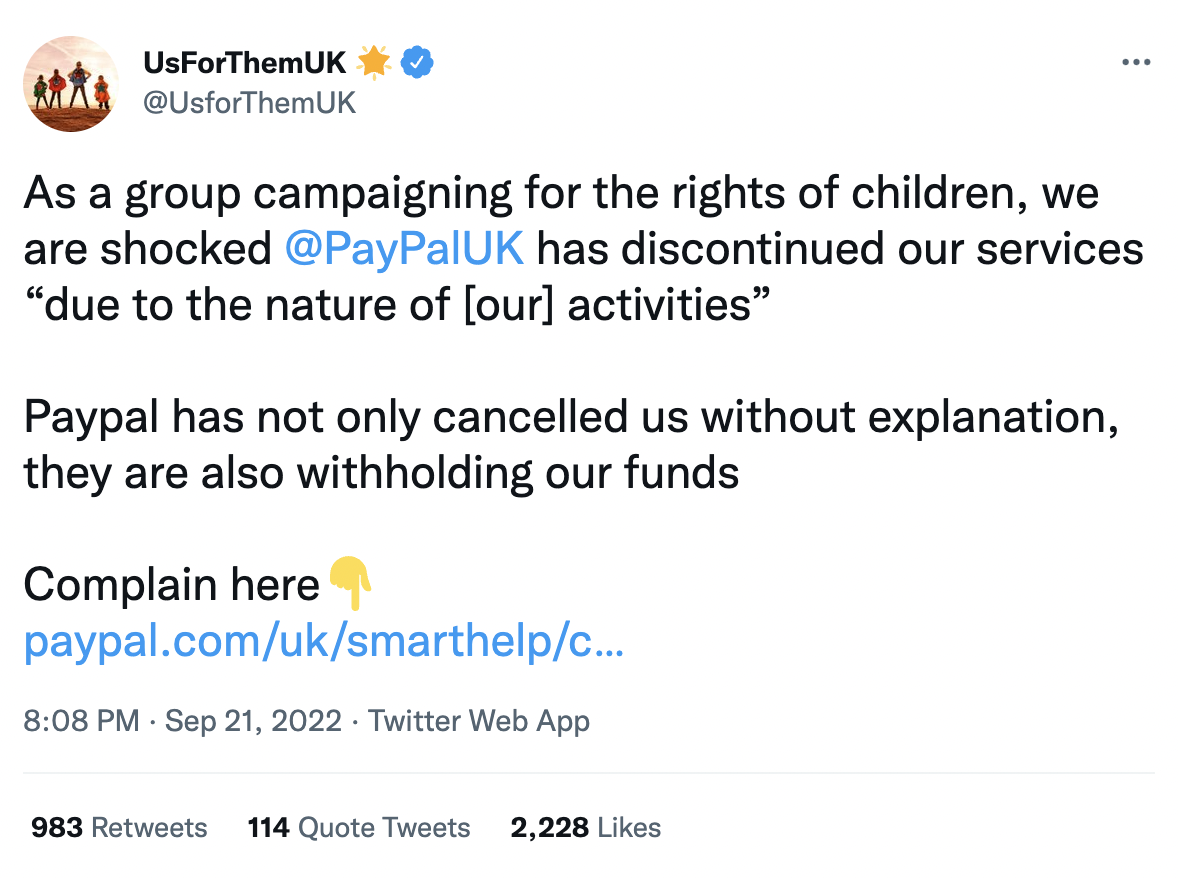Rumble Lawsuit Against Google Moves On To Discovery
This. Is. Awesome!
We all know that Google is using it's search dominance to give preference to its own products, but Rumble's lawsuit against Google moving on to discovery is one of the first instances in recent memory where we may actually get a peek behind the algorithm to see just how much this horrible company actually is screwing over conservative competitors.
Check out this article snippet from Reclaim The Net. Link is at the bottom.
A chance to get some insight on how Google stifles its upcoming rivals.
Google’s motion to dismiss the antitrust lawsuit filed by Rumble has been denied by a federal district court in California. The lawsuit will now proceed to discovery, creating a rare opportunity to learn how Google operates and how it works to stifle emerging platforms while favoring its own.
Rumble’s lawsuit alleges that Google uses its dominance in search to direct users to YouTube instead of its competitors, highlighting the Sherman Antitrust Act of 1890. The law makes it illegal to “monopolize, or attempt to monopolize any part of the trade or commerce among several States, or with foreign nations.”
Rumble is one of YouTube’s most significant competitors. Founded in 2013, it has grown rapidly over the past few years because it upholds free speech, while YouTube has been heavily censoring content, positioning itself as the arbiter of truth while banning, deleting, and demonetizing videos that go against certain narratives.
For example, unlike Big Tech platforms, Rumble does not censor claims of election fraud or criticism of Covid measures.
YouTube has also become increasingly unfriendly to independent creators as it seeks more corporate partnerships and pushes to boost more mainstream sources that it deems to be “authoritative.”
By filing the lawsuit, Rumble hoped that there will be free and fair competition so that people can find videos uploaded on YouTube’s competitors. The suit alleges that Google uses its dominance in search and manipulates its algorithms to prevent users from finding videos on YouTube’s competitors.
The WSJ once said its reporters tested how the system works to discover that, in an overwhelming majority of cases, highly similar versions of videos ranked better if they appeared on YouTube.
The lawsuit states that Google’s “chokehold on search is impenetrable, and that chokehold allows it to continue unfairly and unlawfully to self-preference YouTube over its rivals, including Rumble, and to monopolize the online video platform market.”
The lawsuit also notes that YouTube is the default app for online videos on smartphones using Google’s Android. Manufacturers are required to pre-install YouTube and other Google services.
The court noted that Rumble alleges that Google “requires Android device manufacturers that want to preinstall certain of Google’s proprietary apps to sign an anti-forking agreement.”
“Plaintiff [Rumble] alleges that once an Android device manufacturer signs an anti-forking agreement, Google will only provide access to its vital proprietary apps and application program interfaces if the manufacturer agrees: ‘(1) to take (that is, pre-install) a bundle of other Google apps (such as its YouTube app); (2) to make certain apps undeletable (including its YouTube app); and (3) to give Google the most valuable and important location on the device’s default home screen (including for its YouTube app).
Read the full article at the link below.
Promo Code “PARALLEL” = 1 Free Month Subscription
LINK:
https://reclaimthenet.org/rumble-antitrust-lawsuit-google-discovery/


















